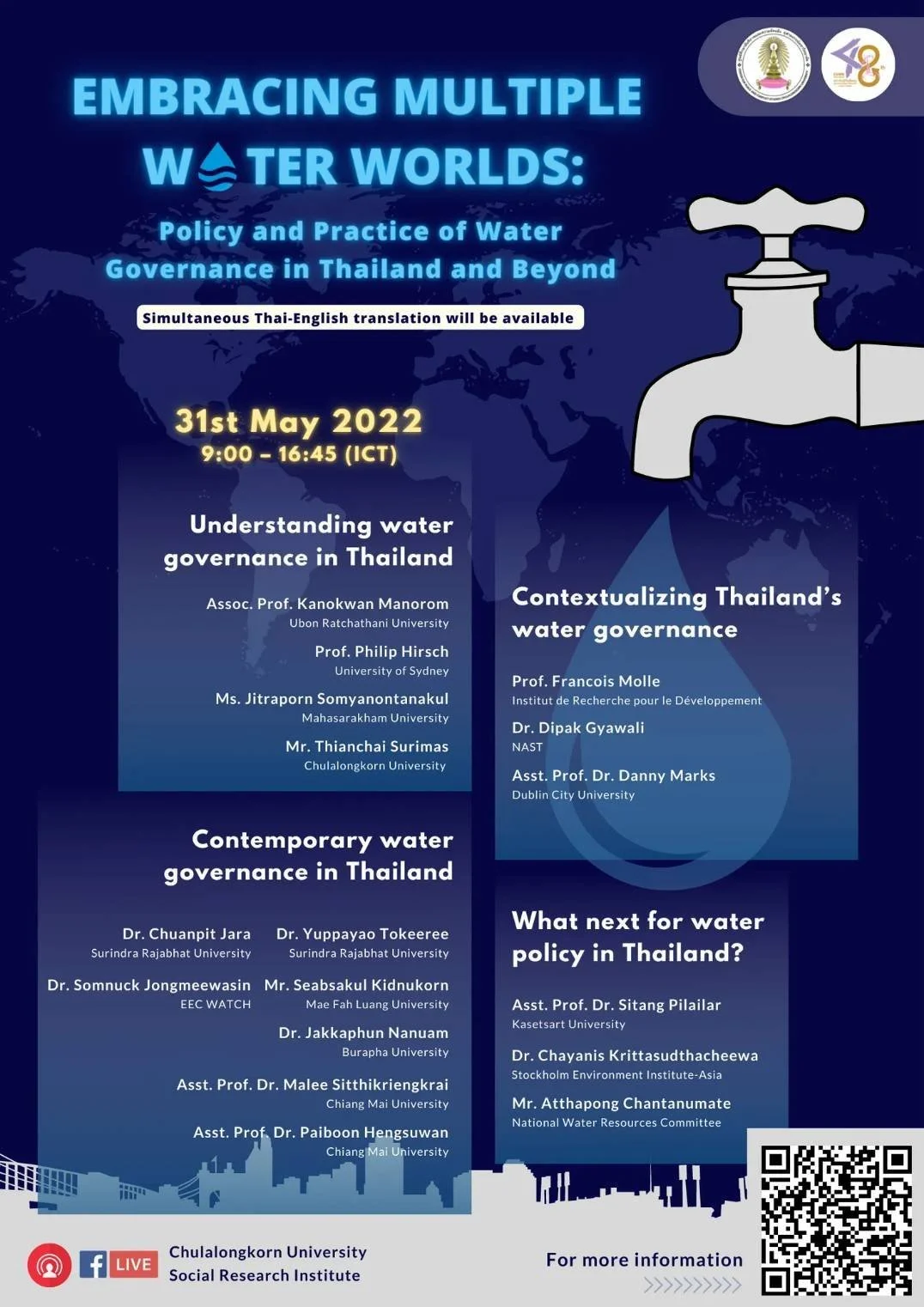There were two keynotes delivered, one on each day of the conference. On 10 October 2019, Thanes Wongyannava, Retired Professor from the Faculty of Political Science, Thammasat University, delivered a keynote asking whether the diverse field of political ecology has the potential to – and could or should - accommodate vijñana ecology, which roughly translates to spirit ecology. On 11 October 2019, Lyla Mehta, Professor from Institute for Development Studies, University of Sussex, delivered a keynote exploring the diverse and contested framings of climate change and uncertainty in three sites in South Asia and looking at how uncertainty is understood and experienced from 'below' by the lived experiences of local people, how it is conceptualised and represented from 'above' by climate scientists and experts and how the 'middle' - civil society, NGOs, academics - can potentially function as brokers between the 'below' and 'above'
There were several panels on the need to unpack the consensus on environmentalism, including several papers on western perception of nature protection and their implementation in non-western societies. Many of the presentations also focus on rural landscapes, coastal areas, borders, and special zones affected by capitalist construction, introduction of new crops, land tenure, land security, and disaster managements, with the common thread of all these area-based analysis being the reproduction of inequalities and discrimination based on ethnicity, gender, age, and class.
There were also panels on urban landscapes, urban vulnerabilities and attempts to modernize or redesign the urban environment in the face of climate change, flooding, and various kinds of environmental degradation. There were also papers on infrastructure from a multi-dimensional and interwoven perspective, as well as their specific political implications, and papers on pollution which were questioning the drivers of the current governance on addressing these problems.

















